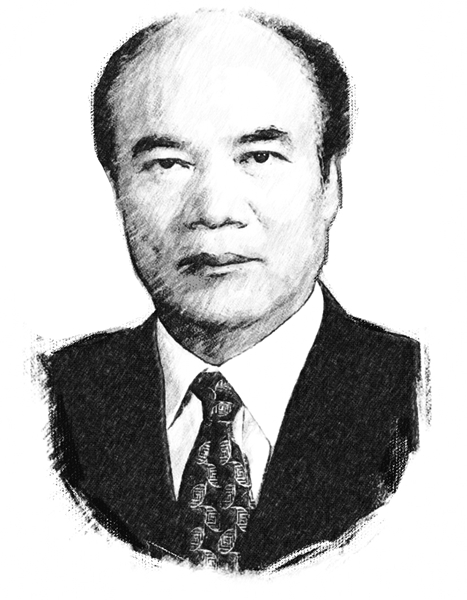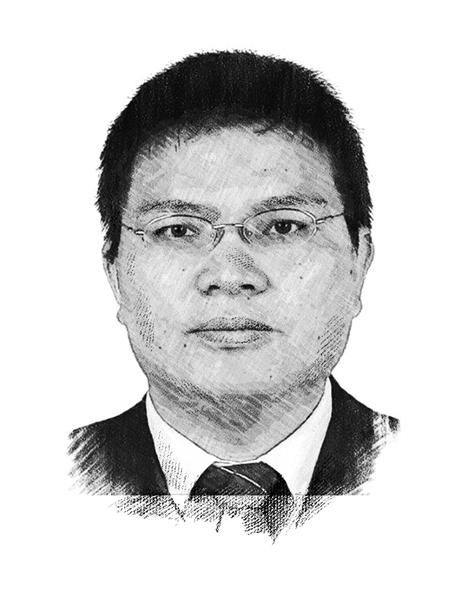 |
|
Li Yiping |
5. Can China solve the problem of industrial overcapacity once and for all?
Li Yiping, a professor at the School of Economics, Renmin University of China
No. Solving the excessive production capacity problem is a long-term and difficult task, which cannot be performed in one year. Challenges such as cutting industrial overcapacity require unremitting and long-time efforts.
In recent years, local authorities have regarded the real estate sector, along with their large-scale infrastructure construction since the beginning of reform and opening-up, as the driver of rapid economic growth, which has resulted in the overcapacity of the steel and cement industries. Moreover, we have been over-dependent on overseas market demand for a long time, which has led to the overcapacity of low-price export products. And the recession in production has resulted in the overcapacity of coal and electricity sectors.
Economic structural adjustment is crucial to reducing overcapacity, which should be mainly decided by market mechanisms. Several Western countries eliminated overcapacity and encouraged innovation to counter economic crises, which helped their economies prosper.
So the Chinese government should intervene in the market as little as possible and let it decide the direction of adjustment and which outdated capacity should be eliminated-and only then China's industries and products can rise to the middle and high end of the global industrial chain through innovation.
 |
|
Yang Zhiyong |
6. Is there likely to be a local government debt crisis?
Yang Zhiyong, a researcher at the National Academy of Economic Strategy, affiliated to the Chinese Academy of Social Sciences
No. The risk of China's local government debt is generally controllable, so a local government debt crisis is not likely next year. In 2015, China's overall local government debt added up to 16 trillion yuan ($2.5 trillion) and the national debt reached about 11 trillion yuan. The overall sum of government debt is less than 50 percent of the national GDP, which is lower than the generally accepted warning line of 60 percent.
However, there are three major problems that we should be aware of. First, local governments' capabilities to cope with debt risk are different. The central government, therefore, should take different measures accordingly, such as supporting areas with low incomes, to avoid the spread of debt risks.
Second, local government debt faces huge pressure of short-term repayment. In 2015, local areas issued 3.18 trillion yuan worth of replacement bonds, which effectively dealt with the short-term repayment issue and reduced the debt financing cost. Hence, in 2016, the authorities should issue more replacement bonds to ease the pressure of short-term payment.
Third, we should expedite the process of building an overall local government debt repayment plan to cope with both the incremental and existing debts. Part of the existing debt should be repaid by selling off government assets. And incremental debts should be repaid through the reasonable and normalized distribution of central and local governments' incomes.
